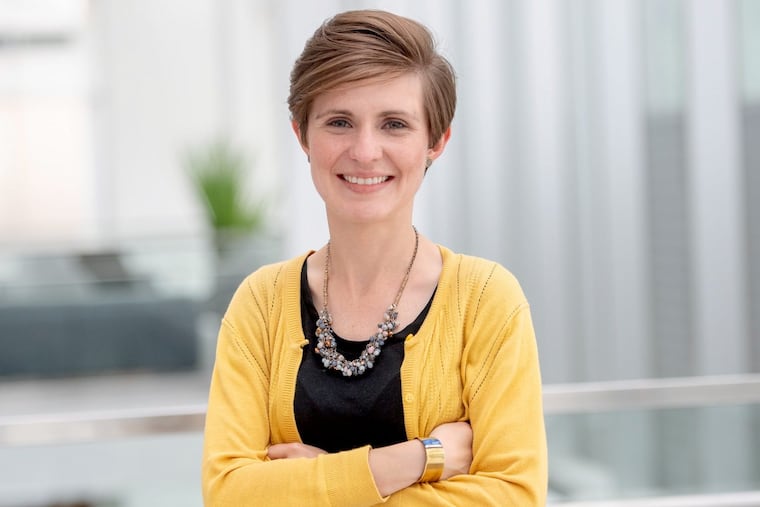A doctor who works with migrants on why we should build bridges, not a wall | Perspective
Spend a few hours talking with asylum seekers about the troubles they've seen, and you may run out of words yourself.

The young woman seated across the table from me was sobbing loudly, her head buried in her hands.
This was the first time I would be performing a psychiatric evaluation on a refugee seeking asylum. After two hours of hearing her story, I was all out of words.
She came to the United States with her child to seek asylum. Her lawyer was guiding her through the asylum application process, which has become increasingly convoluted, prolonged, and uncertain in recent years. He suspected that she was suffering from psychological distress related to trauma she experienced in her Central American home country. He thought a formal psychiatric evaluation would help him better characterize her symptoms before a judge, strengthening her case for asylum.
She and I, along with an interpreter, reviewed in painstaking detail, the physical and sexual violence she had experienced daily at the hands of her partner and gang members. She told me about the violence that plagued her journey to the United States and her fears of continued brutality and even death if she was forced to return to her home country.
It is always difficult for victims to talk about their trauma and it is also difficult for me as a psychiatrist to hear and help them process these experiences. But this woman’s narrative in particular left me reeling, and even feeling vulnerable myself. I wanted desperately to say something to comfort her, but could not formulate anything that seemed adequate.
The interpreter interrupted the silence, sharing the few words the woman managed to utter between sobs. “Doctor, she says she’s sorry.” The interpreter paused for several seconds, “She’s sad.”
It occurred to me that this woman had very likely never shared her entire experience, in all its horrific detail, with anyone before.
As I’ve done more asylum evaluations as a volunteer psychiatrist with Physicians for Human Rights, I’ve realized that though the details may vary, the terror is constant. I have since evaluated people seeking asylum for a variety of reasons — a man victimized in his home country because of his sexual orientation, another woman escaping gang violence, and multiple women seeking safety from domestic violence. Each narrative unique, each equally terrifying.
I expected to bear witness to enormous trauma, pain, and suffering when I started this work. But what I didn’t think so much about was the resilience I would witness. The most common human response to experiencing trauma is actually not developing post-traumatic stress disorder; it’s recovery. I am repeatedly awed by the remarkable resilience and courage of human beings to overcome significant adversity. I have seen this strength in every single one of the people I have evaluated for asylum.
Physically separated from the horror that diminished their potential in their home countries, the refugees I’ve met have all spoken about contributing to their new communities through work and volunteering — such as one man who told me how involved he has become in his new church. Others, like a woman who hopes to start a business making jewelry, want to introduce Americans to cherished aspects of their home culture.
It saddens me that current narratives often portray refugees as criminals and thugs with little to contribute to our society. Some refugees do commit crimes, just like some native born Americans commit crimes. But there is no evidence linking refugee resettlement and rising crime rates or terrorism. The reality is quite the opposite. There is data to suggest that immigration has the effect of reducing crime rates, and that immigrants contribute to community revitalization by bring fresh economic and cultural capital to the neighborhoods that they join. Seeking to characterize an already vulnerable population as criminal and scary robs refugees of their inherent dignity and humanity.
For months after the first asylum evaluation I did, I thought that if only I had said the right thing maybe I could have alleviated some of her pain. I’ve since realized that sometimes there are no words to validate the tremendous suffering that another person has experienced. Sitting in silence and acknowledging the sadness of it all, without trying to alleviate it with words, can be the most dignity-affirming response one.
Stephanie M. Fosbenner, M.D., is a resident in psychiatry in the Perelman School of Medicine at the University of Pennsylvania. The opinions expressed in this article do not represent those of the University of Pennsylvania Health System or the Perelman School of Medicine at the University of Pennsylvania.